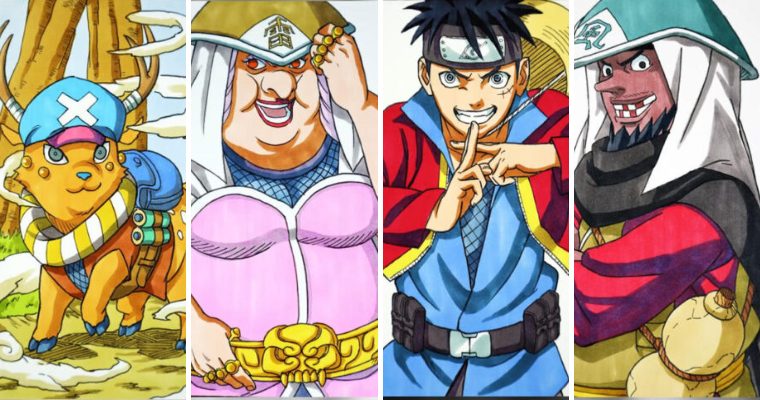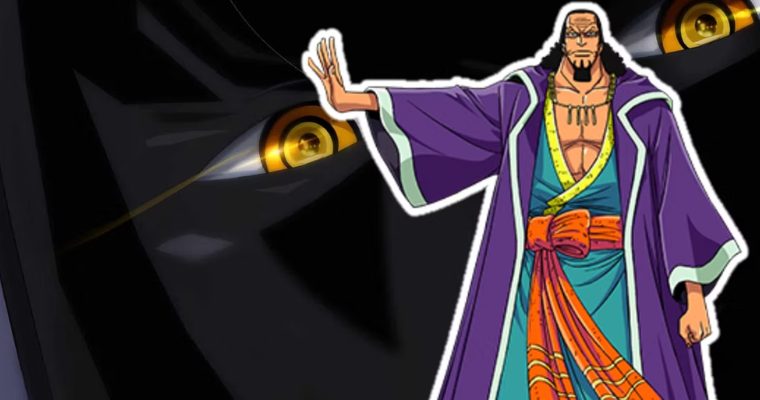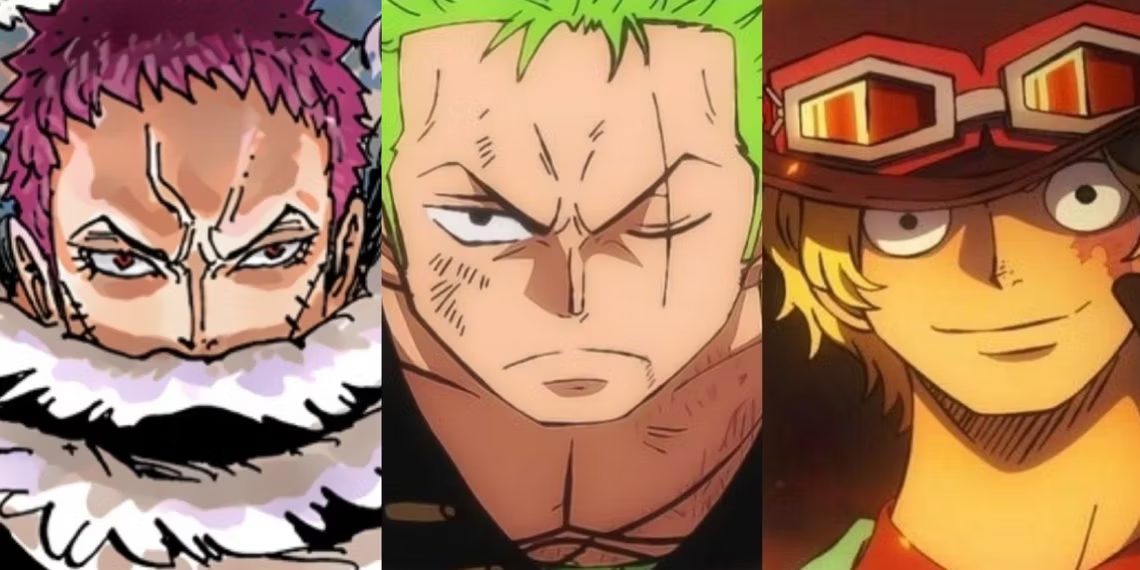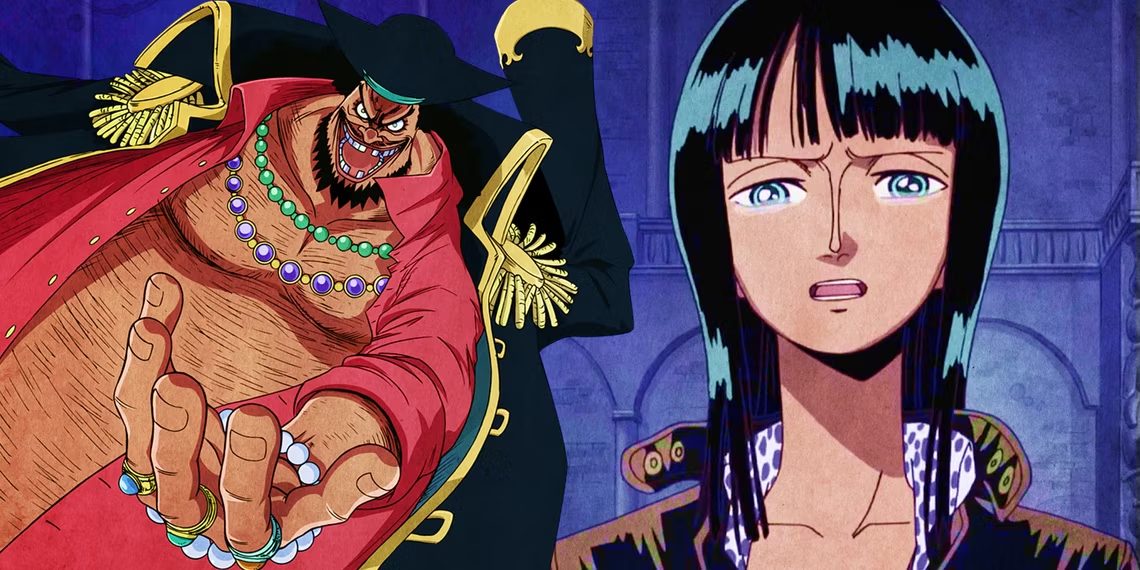Being an anime hero isn’t all it’s cracked up to be. In fact, this heroic role has many downsides.
The life of an anime hero is not always easy. Although they are written to be sympathetic, they are also given struggles to make the story more convincing and for their journey to be satisfying by the time it reaches its end.
Unfortunately, this suggests that there are many harsh realities behind being an anime hero. When gauged in their entirety, it even begs the question of whether or not such a lofty adventure is worthwhile. Sadly, many anime heroes work themselves to the bone and are not always acknowledged as the heroes they are.
10. Anime Heroes Are Usually Underdogs
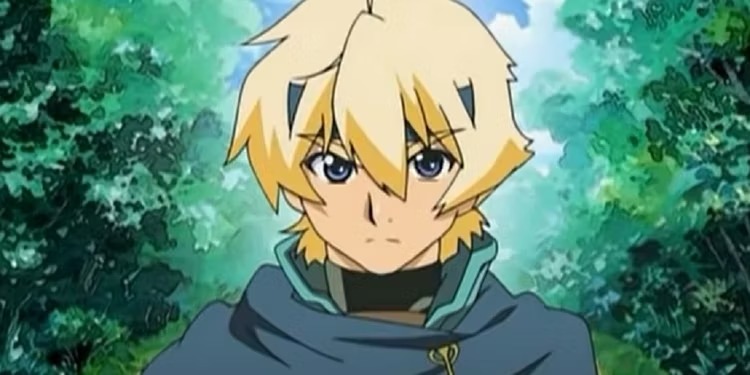
Anime heroes are almost always underdogs no matter the context. Deltora Quest’s Lief is a perfect example. Although technically part of the kingdom’s royalty, the Shadow Lord’s takeover meant that his childhood was one of adversity and suffering.
More importantly, it made him a priority target for the villains’ forces, who viewed them as the legacy of their sworn enemy.
Even heroes who start out with the upper hand soon lose it. This was seen in JoJo’s Bizarre Adventure where Jonathan lost his family and home in a single brutal evening.
9. Many Anime Hero Powers Come With Serious Conditions
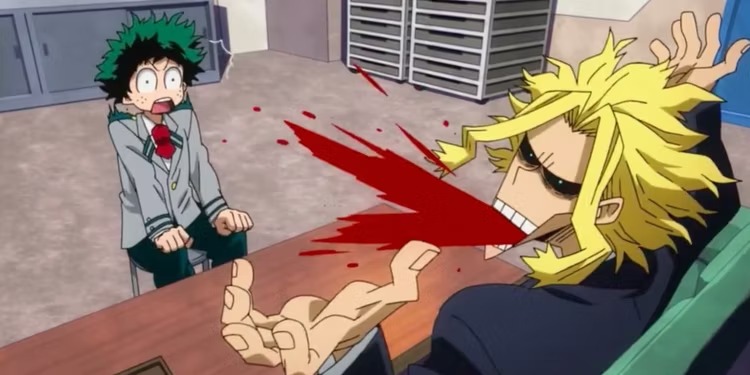
Although many anime heroes are super-powered, their strengths come with serious conditions. My Hero Academia‘s All Might and Deku both pushed their bodies past the breaking point in order to perform against villains. In the former’s case, he suffered so gravely from his own strength that he was eventually forced to retire.
Hunter X Hunter‘s Kurapika may wield Emperor Time, but it will kill him if used against anyone outside the Phantom Troupe. Such a deadly stipulation makes the power barely worthwhile even if it is an efficient tool for vengeance.
8. Anime Heroes Need To Train Harder Than Villains
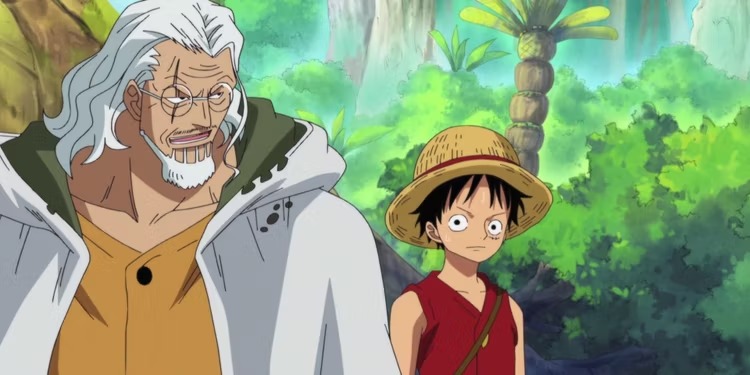
Since anime heroes usually obtain their power without taking shortcomings, it’s also much more difficult. The entire Straw Hat crew spent two entire years honing their abilities so that they could be relevant to the One Piece world.
Similarly, Bleach‘s Ichigo trained both with Urahara and his father so that he would be more viable when protecting the Soul Society and his friends. Both instances of training were deadly since the heroes were pitted against sparring partners that reasonably could have killed them if they weren’t paying attention to their surroundings.
7. Anime Heroes Are Constantly Betrayed
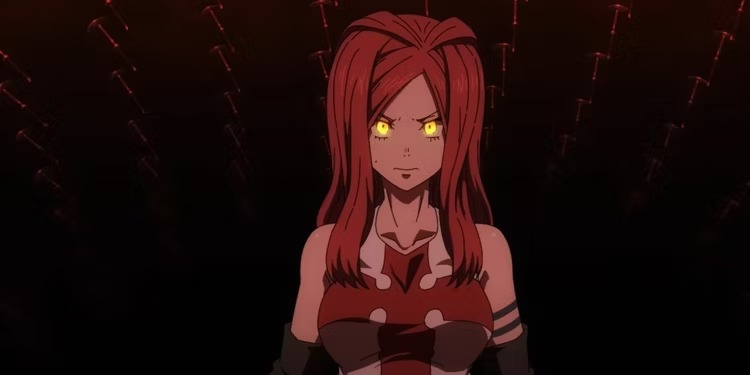
Anime heroes are generally more trusting than their antagonistic counterparts. While this means they are better at amassing allies, it also leaves them more open to being betrayed. Fire Force‘s Lisa went against Vulcan to seize his blueprints for the benefit of her clandestine masters, which nearly brought the entire city to ruin.
Similarly, Naruto‘s Kabuto betrayed Team Seven in the Forest Of Death when relaying vital information to Orochimaru. His actions resulted with Sasuke being bitten and later his defection from the village itself. Anime betrayals aren’t often, but they’re devastating when pulled off successfully.
6. Anime Heroes Are Romantically Incompetent
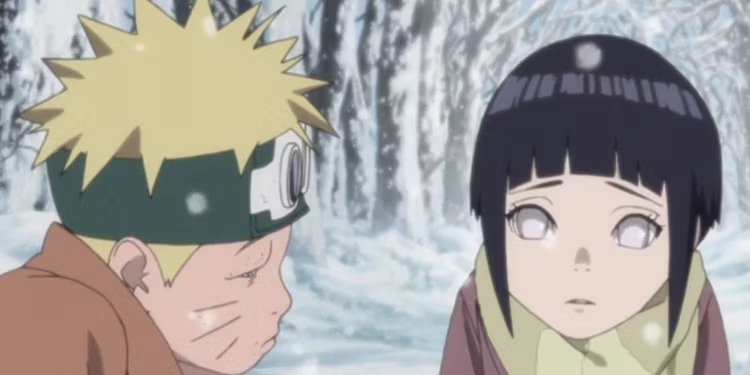
An inexplicable drawback behind being an anime hero is that most are utterly incompetent with romance. Naruto’s obliviousness about Hinata’s love was a classic example; it took her literally risking her life directly in front of him to get the hint.
Midoriya knew that he was interested in Uraraka from the start yet constantly fumbled his words when trying to impress her. Aang proved similarly inept when courting Katara in Avatar: The Last Airbender. Fortunately, he eventually overcame his inhibitions and professed his feelings.
5. Many Anime Heroes Never Surpass Villains
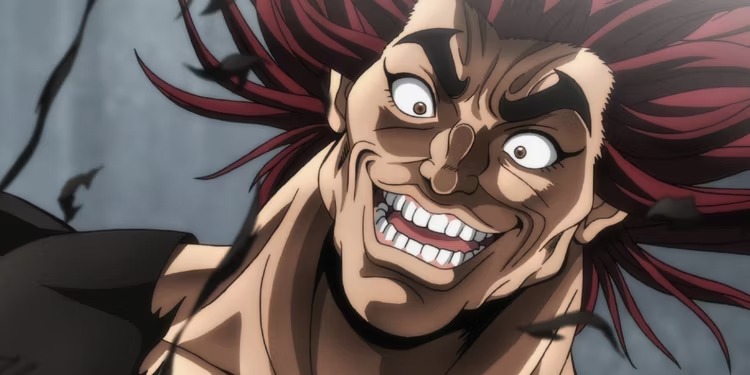
Despite immense training and grave personal risk, some anime heroes never surpass their villainous counterparts. Baki’s failure to overcome Yujiro was especially tough to digest since the entire anime revolved around getting stronger and tackling obstacles.
Most JoJo heroes never directly surpass the main antagonist, instead relying on their friends and luck in order to prevail. Even Giorno Giovanna, an arguable exception to this rule, needed his comrades to distract Diavolo long enough for him to seize the Stand arrow and develop his Requiem ability. In many instances, being a hero limits a character from their true potential.
4. An Anime Hero’s Friends Don’t Always Live Long
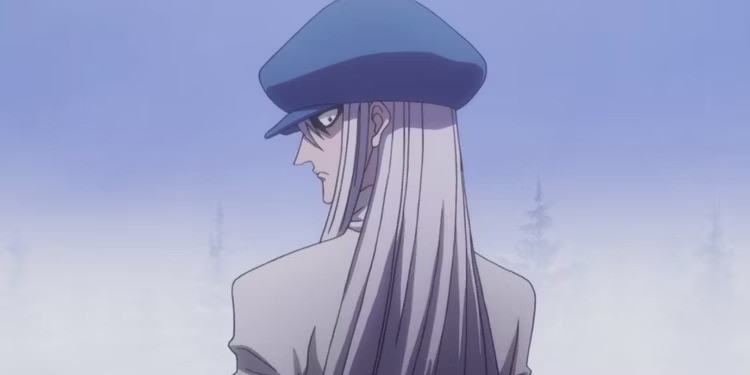
Although many anime protagonists benefit from plot armor, their friends aren’t so lucky. Often, their deaths are used to raise the stakes and to make the final confrontation against villainy more personal. It can even result in character growth for good or bad.
Kite’s demise against Neferpitou was a great example since it darkened Gon’s soul and pushed him down the path of revenge. Akame Ga Kill! was particularly notorious for killing its heroes to such an extent that they constantly needed to be replaced.
3. Many Anime Mentors Are Morally Dubious
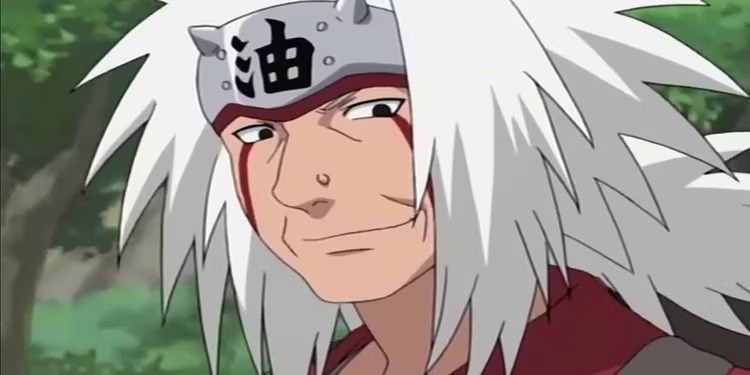
Mentors are a necessary part of an anime hero’s growth. However, many are morally dubious and indulge in shady if not outright irresponsible behavior. For example, Naruto seduced Jiraiya into lessons more than once using his Sexy No Jutsu.
Considering the genin’s age at the time, Jiraiya’s interest was alarming to say the least. Other anime mentors are flagrantly terrible. Attack On Titan’s Keith Shadis directly sabotaged Eren’s ODM gear in hopes of disqualifying him and preventing him from ever joining the Scouts.
2. Some Anime Heroes Are Forced On Adventures Against Their Will
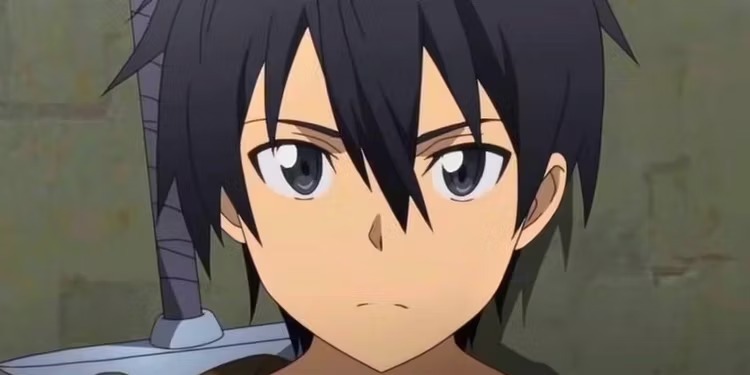
Not all anime heroes actively wanted the lives they had. Some were forced into becoming champions since they had no other alternative. Sword Art Online‘s Kirito was an excellent example of this, having been kept in Aincrad by NerveGear technology.
The Rising Of The Shield Hero‘s Naofumi had even higher expectations since he was incarnated as a cardinal hero. This meant that unlike Kirito, he couldn’t simply hope that someone else saved the realm for him. If he didn’t act, both he and the other cardinals would likely be trapped forever.
1. Anime Heroes Don’t Always Have A Happy Ending
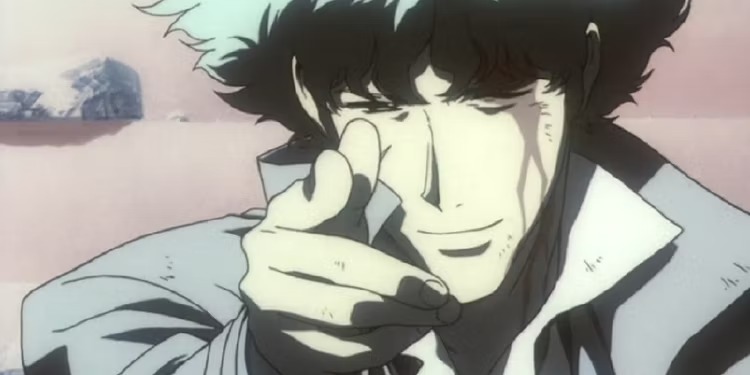
Anime heroes don’t always have a happy ending. Some die at the end of their journey without necessarily even having closure. Cowboy Bebop‘s Spike Spiegel was a great example of this, as his passing left the rest of the crew behind.
Cyberpunk: Edgerunners‘ David understood the consequences of increasing his cybernetics but never stopped until it was too late. He died brutally at the hands of Adam Smasher, with Night City’s greatest oligarchical tyrannts being no worse off for his resistance. Lucy may have finally seen the moon, but her continued safety is not a guarantee.
Src: cbr.com





